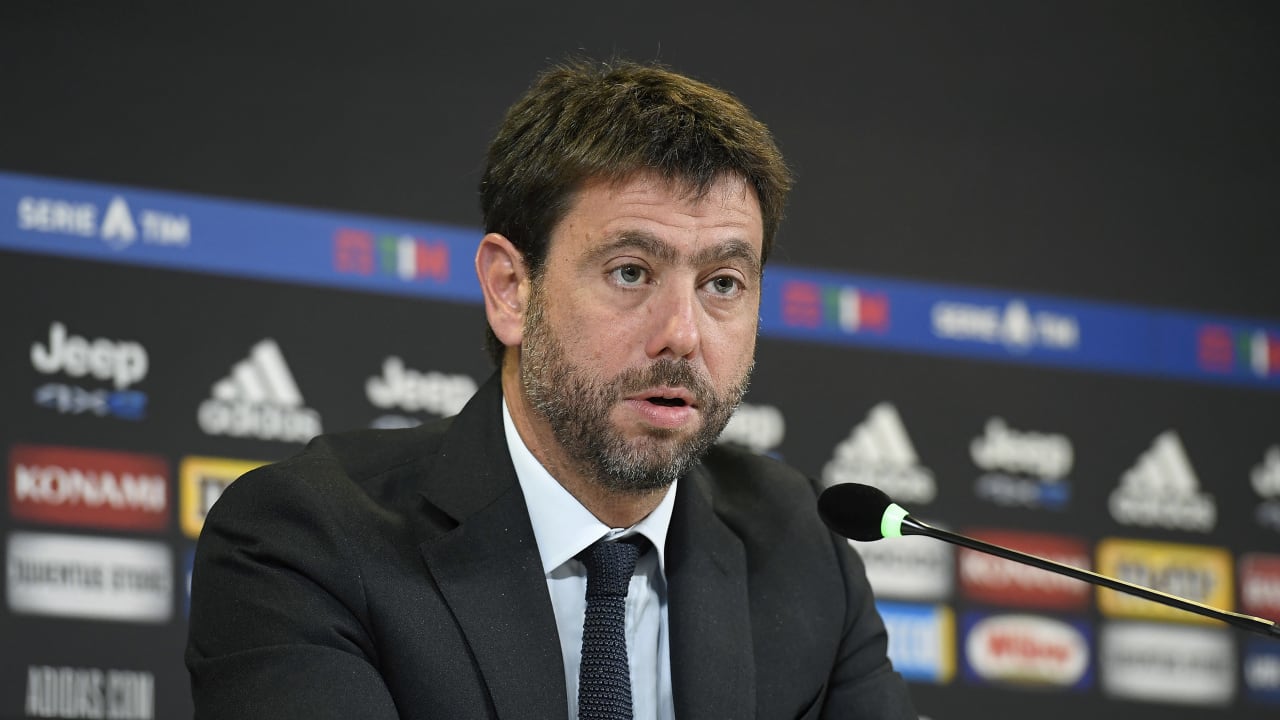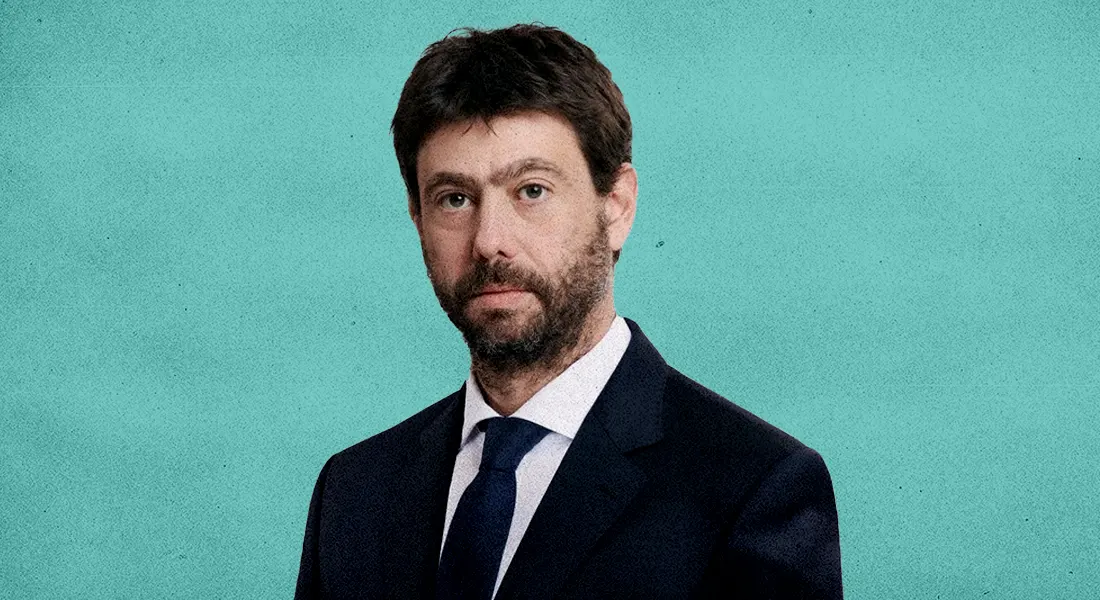The world of football is constantly evolving. Technological advancements are being deployed to assist the referees, rules are being reworked to accommodate better football, and fans are now exposed to more aspects of football than they ever had access to. In an ever-changing world, football is no different. Thus a new model has been proposed for the Champions League by Andrea Agnelli, it is being called the ‘Swiss-Model’
THE NEW CHAMPIONS LEAGUE ‘SWISS-MODEL’

The possibility of a European Super Cup has been looming at large for a couple of years now. The bigger teams of Europe have threatened a mass exodus from the current UEFA Champions League format for a more attractive European Super League that was proposed by the American Banking Giant JP Morgan.
In an attempt to hold a compromised position among the big names in Europe, the UEFA and European Footballing Committee have come up with a new 36-team UEFA Champions League format from the 2024 season.
Reports today that the Swiss model is suddenly new frontrunner for 2024 Champions League format. Reality is that it has been the top option for the past year. Means more games between, top teams and greater variety. Each team will have a completely different path. No group stage. https://t.co/8dzkWC3kqV
— tariq panja (@tariqpanja) December 1, 2020
The new model proposed by Andrea Agnelli and the Committee follows the ‘Swiss model’ for the Champions League, a system of competition followed by competitive chess tournaments.
The current UEFA Champions League model will be restructured. The most notable change would be the abolition of the group stages. The six games played in the group stages will be replaced by a ten-game league format.
The number of teams will increase from 32 to 36. Thus, increasing the number of teams within the competition and also increasing the number of matches played across a season.
INCREASED MATCHES
This proposed system will see an overhaul to the current format we are witnessing. The ten-game league will eliminate two teams sending the eight best teams to the knockout stages. The knock out stages will remain the same.
However, ensuring a qualifying match and the new league format will give more assurance to the possible qualification only to the bigger or stronger teams in the competition. Thus, eliminating the unpredictability or at least reducing it by a large factor.
Crucial UEFA and ECA meetings over future of European club football done and dusted. Expect UEFA to announced expanded 36-team Champions League with this new format on Monday after its exco meets: https://t.co/IgQPQ6wIpP
— tariq panja (@tariqpanja) April 16, 2021
The recent exit of Juventus in the hands of FC Porto would be the kind of unpredictable football that Andrea Agnelli and the rest of the European powerbrokers would like to avoid. Ensure that the big teams always clash with each other, hence, generating more revenue.
ADDITION OF TEAMS
The addition of four more teams is also a controversial topic and arguably the biggest drawback in the system, at least to the smaller teams. The new format will give prominence to teams that have performed well in the previous seasons of the Champions League. The current system only looks at the domestic performance in the season before and the winners of the previous Champions League.
While the new proposed system will look to the past glories and performances across the competition history.
— tariq panja (@tariqpanja) December 1, 2020
Out of the four teams that are being added, one spot will go to Ligue 1, to maintain the equality of the big four leagues in Europe.
The second spot will go to a team that faired well in the past tournament without needing to go through a qualifying round. The final two spots will go to a team with the best club coefficient ranking who did not manage to qualify for the tournament but sit 5th or 7th in their respective leagues.
Hence, providing a sort of safety net for the bigger teams in Europe as only the big teams usually rank higher in this metric. As an example, it could mean that all the big six in the Premier League have an opportunity to play in the Champions League in a respective season.
The only positive for the smaller teams that partake in the competition is the added benefit of revenue. More matches mean more revenue. Since the league format ensures four more matches, the smaller teams will have the opportunity to earn more profits.
However, in the grand scheme of things, the beneficiaries would be the national leagues, the European committees and the elite clubs in Football.




